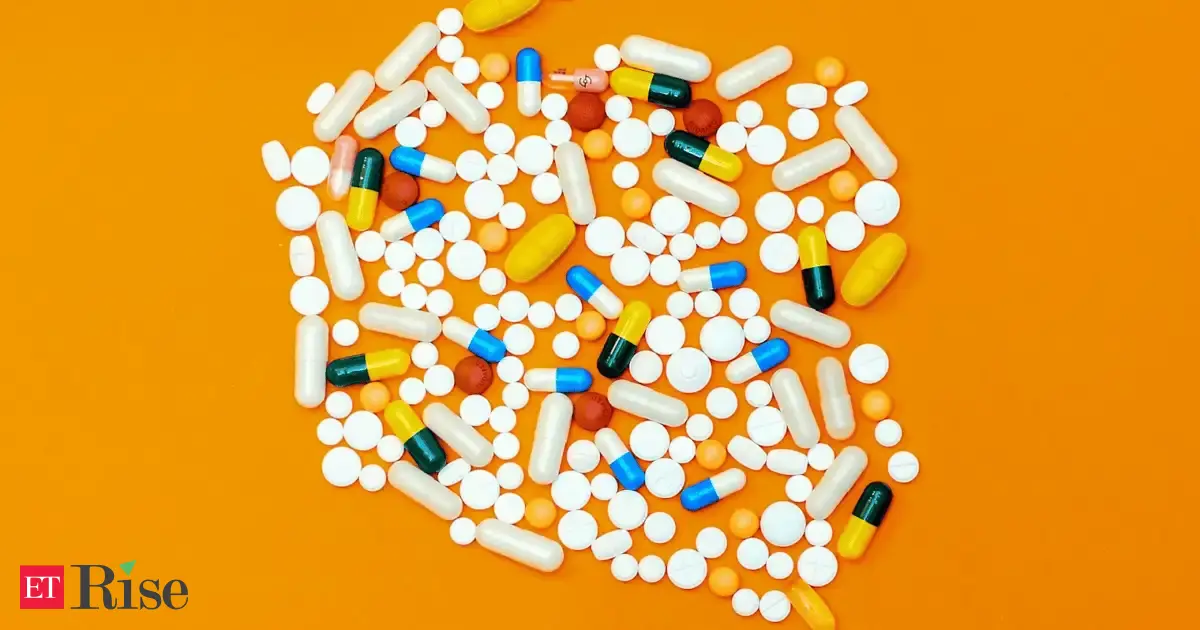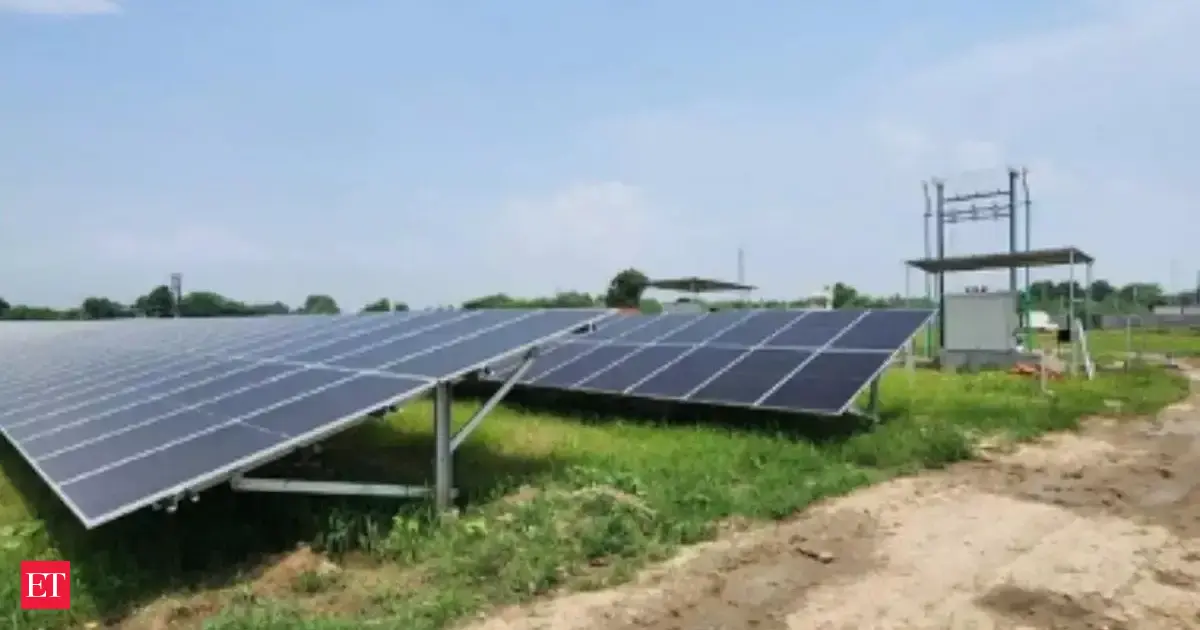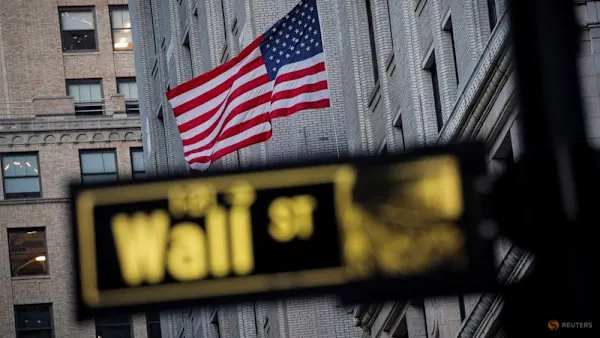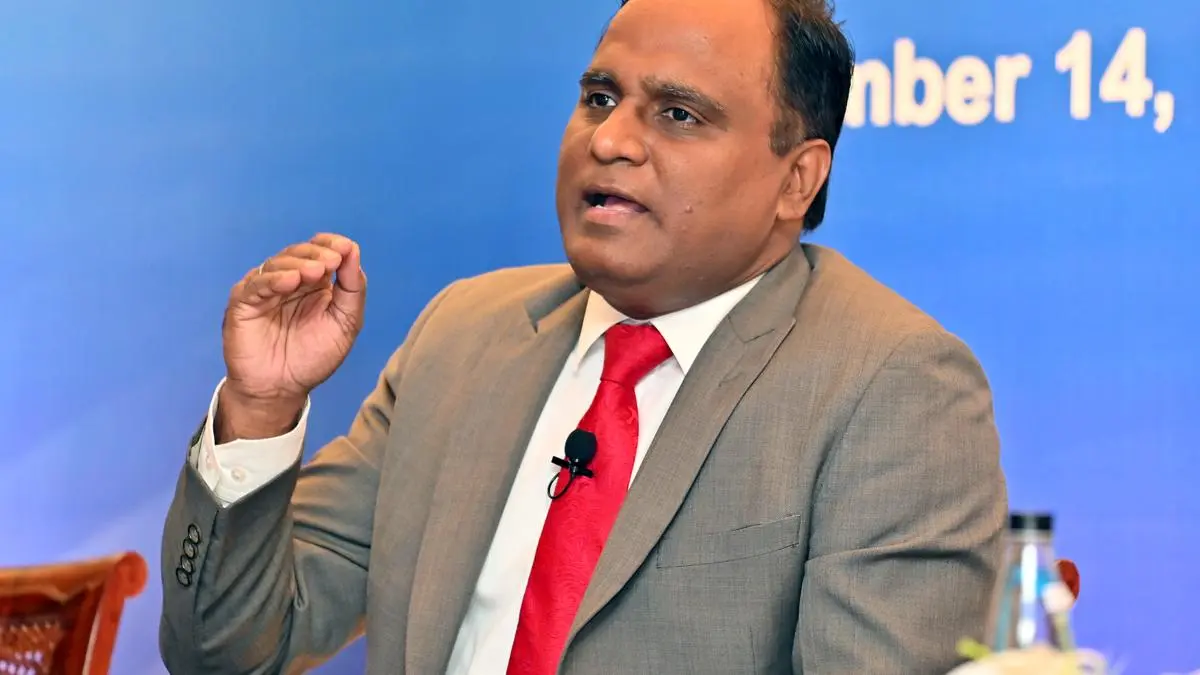By Martin Shwenk Leade
Copyright indiatimes

ET OnlineRights-free image of generic drugs. Photo by Michał Parzuchowski on Unsplash.
‘Small Biz, Big Policy’ is a semi-weekly explainer on the latest and most impactful policies shaping India’s MSMEs. If you’re a trailblazing MSME navigating changes or turning challenges into growth, register for the ET MSME Awards 2025 before Oct 15, 2025.India’s small pharmaceutical manufacturers have powered the country’s medicine supply for decades. These units scattered across Gujarat, Maharashtra, and Telangana have made everything from antibiotic capsules to cough syrups affordable at home and competitive abroad. Now they’re staring down their toughest challenge yet: mandatory bio-equivalence studies that could cost more than their annual profits.The regulatory countdownStarting January 1, 2026, updated Schedule-M norms under the Drugs and Cosmetics Act will require bio-equivalence (BA/BE) testing for every drug formulation. The Drug Marketing and Manufacturing Association has raised red flags, with over 30 trade associations writing to Health Minister JP Nadda and the Central Drugs Standard Control Organisation.Their concern is that each bio-equivalence study costs ₹20-40 lakh per product. For small manufacturers operating on razor-thin margins, this isn’t just an added expense: it’s potentially fatal. The associations are pushing for firms with annual turnover under ₹50 crore to get extra breathing room, requesting the deadline be pushed to April 1, 2027.Understanding bio-equivalenceBio-equivalence testing scientifically compares a generic drug against its branded equivalent. It measures whether both behave identically in the human body, from absorption speed to overall effectiveness. For regulators, these studies are essential insurance that generics match originals in safety and efficacy. For patients, it’s reassurance. For Indian exporters eyeing the US and EU markets, it’s the price of entry.Live EventsFrom compliance to innovation, your pharma MSME deserves recognition. Register for the ‘Pharmaceutical & Healthcare MSME of the Year’ category at the ET MSME Awards.Brutal economicsUntil recently, most domestic formulations could skip full BA/BE testing. That kept costs manageable and allowed smaller units to flourish. But it also created quality questions that regulators couldn’t ignore as global scrutiny of Indian generics intensified.The regulatory logic makes sense. The financial reality doesn’t. A single bio-equivalence study can run ₹40 lakh. Large pharma companies with blockbuster portfolios can absorb this as routine overhead. For a small outfit producing a handful of formulations annually, it often exceeds their entire profit margin.Small manufacturers in industrial hubs such as Ankleshwar and Vapi survive on narrow margins and quick turnover. Many supply government tenders or export to price-sensitive African and Asian markets. When every formulation renewal requires expensive BA/BE studies, they face an impossible choice: raise prices and lose contracts, or exit the business entirely.The collateral damage extends beyond balance sheets. Semi-skilled factory workers may face job losses. The domestic market may lose affordable drug options. Export volumes to developing countries may take a hit.Yet, regulation is neededPublic health advocates argue that drug safety isn’t negotiable. Past scandals involving contaminated syrups and inconsistent generics have damaged Indian pharma’s reputation globally. Stricter BA/BE enforcement, they insist, isn’t targeting MSMEs; it’s protecting India’s pharmaceutical credibility for the long haul.If Indian generics want to dominate global markets, every player must meet the same quality standards, regardless of company size. The reputation of the entire sector depends on it.A middle groundThis doesn’t have to be winner-take-all. Industry bodies have proposed phased compliance timelines giving smaller firms additional runway. Another idea gaining traction: pooled testing, where associations of small companies jointly sponsor BA/BE studies for identical formulations, dramatically reducing per-participant costs.Targeted credit lines or government subsidies specifically for compliance could cushion the impact. Some countries already reimburse portions of mandatory clinical study costs for smaller enterprises to maintain market competition and prevent monopolies.Beyond GujaratWhile Gujarat sits at the epicentre of the controversy, the implications reach far beyond. Similar manufacturing clusters exist in Hyderabad, Baddi in Himachal Pradesh, and across Maharashtra. Combined, they account for massive chunks of India’s drug exports and domestic distribution networks.Even partial closures in these clusters would reverberate through hospitals, pharmacies, and government procurement systems nationwide. Medicine prices could spike. Export commitments might falter. Supply chains could fragment.What happens next?Nobody disputes that bio-equivalence testing represents the gold standard in pharmaceutical safety. The question is whether India implements it in a way that preserves its small manufacturer ecosystem or undoes it.The next year will reveal whether these enterprises can adapt through consolidation, innovation, or financial support, or whether they’ll reel under compliance weight. What’s at stake isn’t just business survival. It’s the affordability and global reputation of Indian medicines, built over decades by the very manufacturers now under threat.Add as a Reliable and Trusted News Source Add Now!
Let your pharma business shine at the ET MSME Awards. Nominations open for ‘Pharmaceutical & Healthcare MSME of the Year’. Deadline: October 15, 2025.
Read More News onMSMEIndian pharmaceutical manufacturerspharma MSMEsdrug formulationsET MSME Awards 2025regulationcompliancesmall manufacturerspharmaceutical credibility
Nominate your pick for ET MSME Awards 2025 by Oct 15….moreless
Read More News onMSMEIndian pharmaceutical manufacturerspharma MSMEsdrug formulationsET MSME Awards 2025regulationcompliancesmall manufacturerspharmaceutical credibilityNominate your pick for ET MSME Awards 2025 by Oct 15….moreless
Prime ExclusivesInvestment IdeasStock Report PlusePaperWealth Edition123View all Stories



